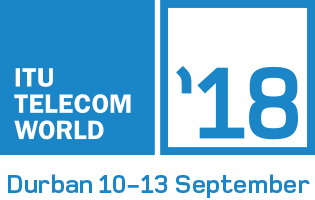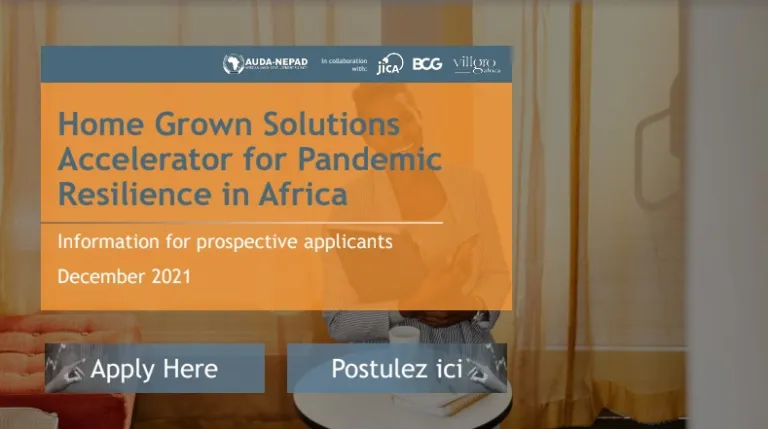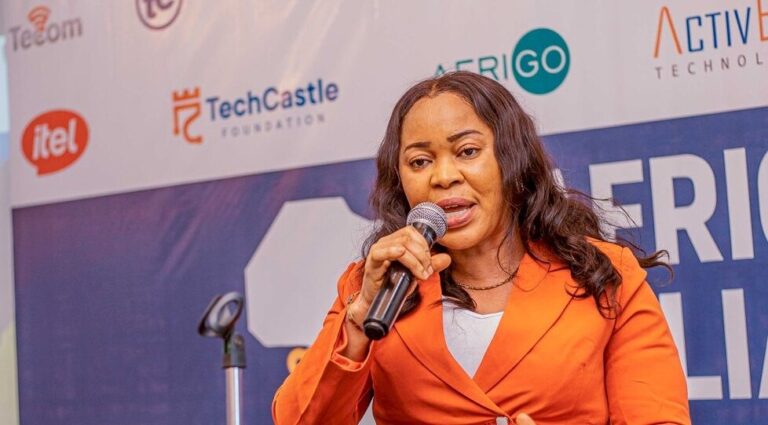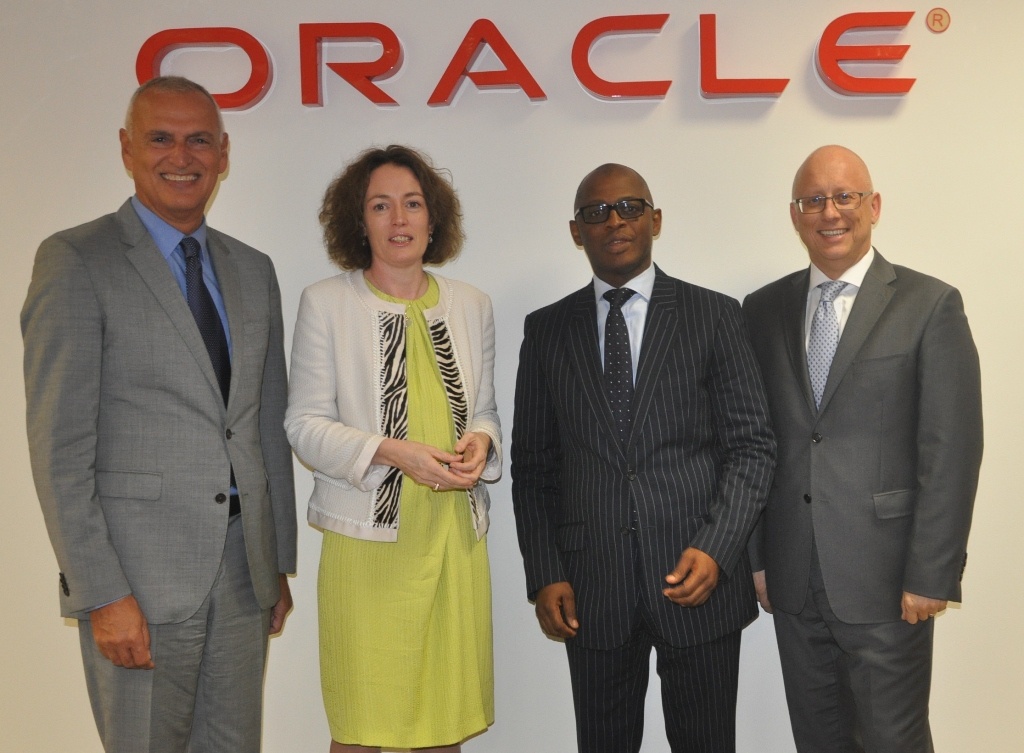How Octavia Carbon, based in Kenya, is paving the way for direct air capture in Africa

The first direct air capture (DAC) company in the Global South is the Kenyan startup Octavia Carbon.
It designs, builds, and will shortly deploy devices that directly harvest CO2 from the atmosphere.
Octavia Carbon, a company founded in March 2022 with the goal of “reversing climate change,” is using Kenya’s renewable energy resources, geology, and human capital to deploy and expand DAC at a cheap cost.
Five at-scale DAC machines have so far been manufactured by the company. It has standardized its design for mass production through several technological rounds, and it is currently preparing to construct Project Hummingbird, a pilot facility that will remove 1,000 tCO2 annually. The project’s headquarters will be at Naivasha, a city located in the Kenyan Rift Valley.
“To manage the CO2 storage phase of the project, we have teamed with Cella Mineral Storage, a carbon mineralization business with operations in Kenya. Cella will inject the CO2 we have gathered underground into basalt rocks, where it will progressively transform into carbonate minerals as a result of chemical processes. Basalt deposits, which act as natural reservoirs for CO2 storage, are abundant along the Kenyan Rift. As a result, we no longer need to invest in expensive, emissions-intensive infrastructure to transfer our CO2 to storage facilities, according to Martin Freimüller, creator of Octavia Carbon.
“We have adapted our technology to rely primarily on waste heat for its energy needs in order to get around the DAC process’ high energy need. This makes it the ideal candidate for integration with geothermal activities, which offer both the waste heat and electricity needed for the process.
Austrian-born Freimüller relocated to Kenya when he saw the potential for DAC there and brought on Mike Bwondera, Duncan Kariuki, and Fiona Mugambi as members of the founding team.
He remarked, “We started developing our pilot DAC+Storage plant that will generate our initial credits. We did this because we recognized the growing demand for long-lasting and verifiable carbon credits in the carbon market.”
The DAC landscape is changing, but we are certain that our dedication to delivering DAC at a low cost while harnessing Kenya’s population and natural advantages will keep us ahead of the curve.
Pre-seed funding for Octavia totals US$540,000 from Catalyst Fund, the Shared Future, and many angel investors. It is currently generating a $6 million seed investment, which it plans to invest in expanding its workforce, developing its technology, and constructing the pilot plant.
“Through our project, we will create green jobs for local pastoralist communities whose traditional livelihoods have been impacted by prolonged droughts,” said Freimüller. “A portion of our revenue will also be used to finance local initiatives including educational programmes centered on climate innovation. This unique combination has resonated well with most of our buyers, leading to a growing interest in our offerings.”







